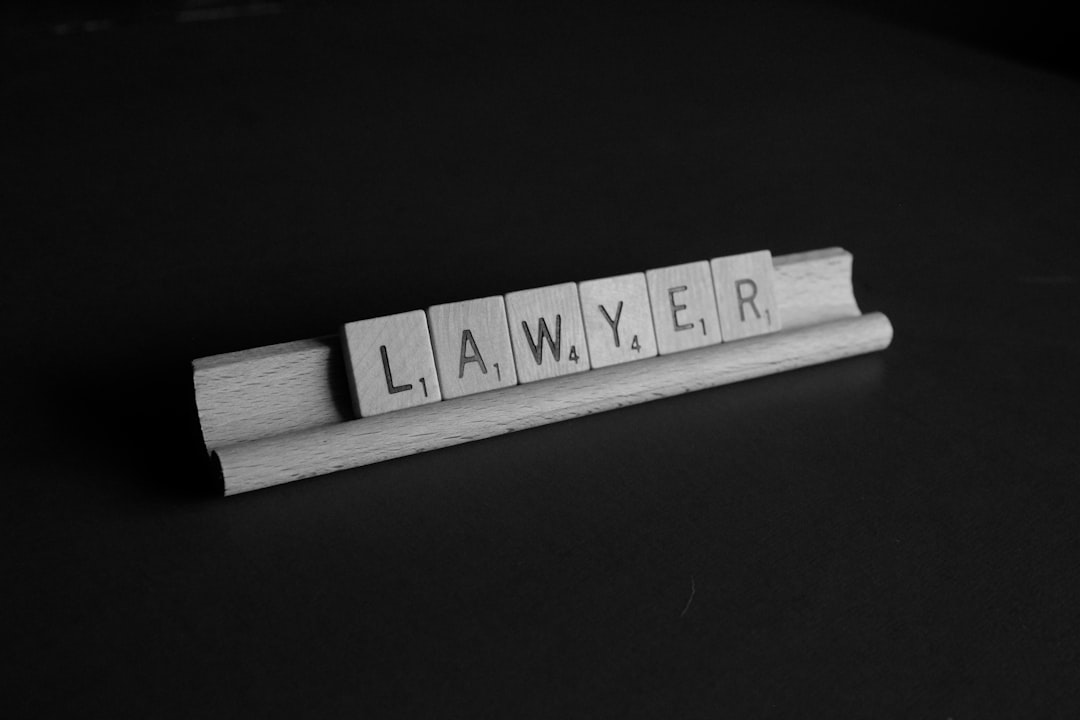Small businesses in Charleston, SC, must comply with strict anti-spam laws to avoid penalties and maintain customer trust. Engaging a spam call lawyer or spam call attorney specializing in South Carolina's regulations is key to navigating these rules. This includes implementing consent mechanisms, opt-in agreements, and easy unsubscribe options while personalizing communication for higher engagement. Specialized legal firms offer strategic advice and court representation to combat spam calls and protect business reputations.
In Charleston, SC, where competition is fierce, small businesses must tread carefully to avoid being labeled as spammers. This comprehensive guide equips entrepreneurs with essential tips to navigate anti-spam laws and regulations, ensuring marketing efforts remain effective without crossing the line. We explore strategies to implement, the importance of legal expertise, and when to consult a spam call lawyer in South Carolina. Key terms like ‘spam call lawyer South Carolina’ and ‘spam call attorneys South Carolina’ will help businesses stay compliant and avoid costly mistakes.
Understanding Anti-Spam Laws and Regulations in South Carolina
In South Carolina, just like in many other states, there are strict anti-spam laws and regulations in place to protect consumers from unsolicited and unwanted communication, primarily spam calls and texts. Understanding and adhering to these laws is crucial for small businesses aiming to avoid being labeled as spammers. A spam call lawyer or attorney specializing in this area can help business owners navigate the complex landscape of spam protection laws.
Small businesses should be aware that violating these regulations can result in severe penalties, including fines and legal actions. To stay compliant, they must ensure that any marketing or promotional activities, especially via phone, are done with explicit consent from the recipients. This involves obtaining opt-in agreements and providing an easy way for individuals to unsubscribe from future communications. Engaging a spam call law firm in South Carolina can offer expert guidance on drafting effective privacy policies and training employees on responsible marketing practices to avoid becoming a target of these laws.
Strategies to Implement for Effective Marketing While Avoiding Spam Labeling
To avoid being labeled as spammers, small businesses in Charleston, SC should focus on implementing strategic and legitimate marketing practices. Firstly, ensure that all communication channels, including email campaigns, text messages, and social media posts, are personalized and relevant to your target audience. Instead of sending mass messages with generic content, use customer data to tailor your messages. This approach not only respects the recipient’s privacy but also significantly increases engagement rates, transforming your marketing into a meaningful dialogue rather than an annoying spam call.
Additionally, building trust is paramount to avoiding spam labeling. Register your business with local and national regulatory bodies, comply with relevant data protection laws like CAN-SPAM, and be transparent about how you collect, use, and store customer information. Regularly update privacy policies and terms of service to maintain transparency. Engage in ethical marketing practices by offering value through informative content, exclusive deals, or newsletters that provide genuine insights—this positions your business as a helpful resource rather than a nuisance, reducing the risk of being marked as spam.
The Role of Legal Expertise: When and How to Consult a Lawyer for Spam Calls in Charleston, SC
In navigating the legal complexities surrounding spam calls, small businesses in Charleston, SC, can greatly benefit from consulting a specialized spam call lawyer. While many companies may attempt to handle such issues internally, involving legal expertise is crucial at specific junctures. For instance, when facing repeated spam calls or receiving cease-and-desist letters, engaging a spam call attorney becomes essential. They can provide insights into the spam call law in South Carolina and help determine the best course of action to avoid being labeled as a spammer.
A spam call law firm in South Carolina should be approached when internal efforts prove ineffective or when there’s a need for strategic guidance. These professionals not only offer advice but also represent your business in court if necessary, ensuring compliance with state regulations and minimizing potential legal repercussions. Having a dedicated spam call lawyer on your side can protect your business’s reputation and help maintain customer trust in Charleston’s competitive market.






